Study in Australia
with Expert Guidance
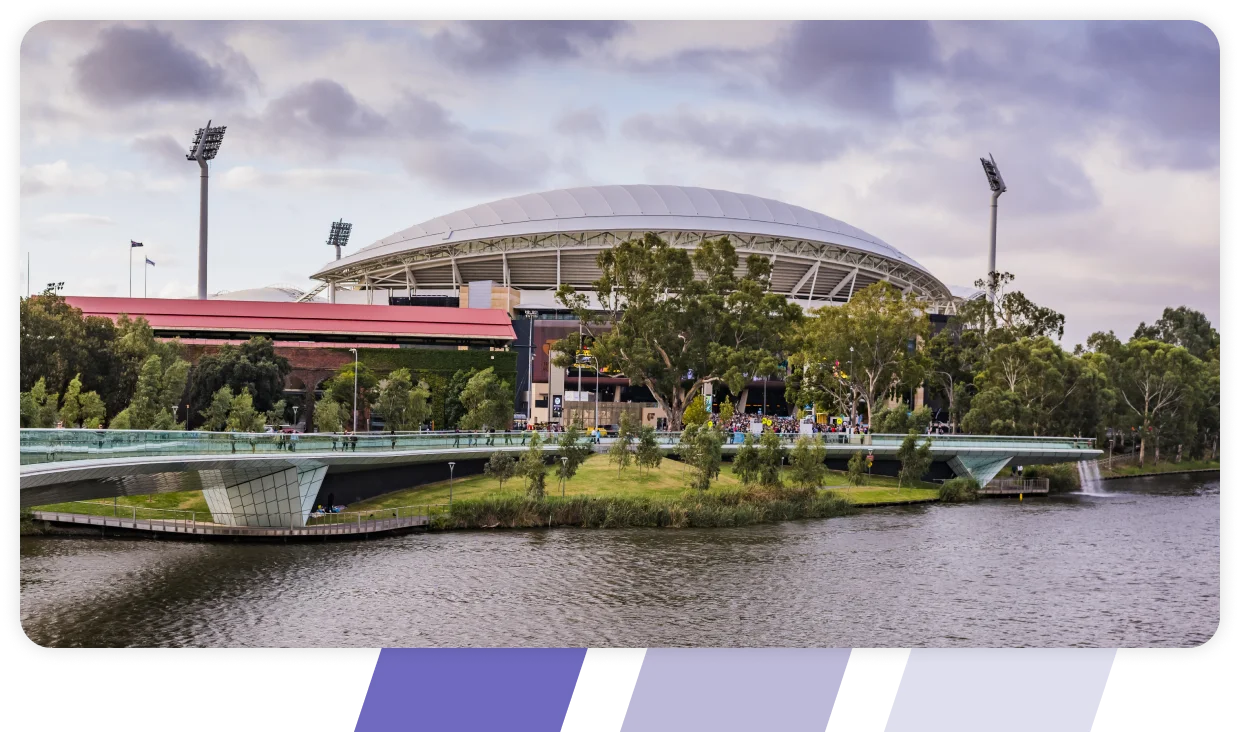
Why Study in Australia?
Australia is a top destination for students from Sri Lanka who wish to study abroad and eventually settle down. Many Sri Lankan students prefer to study in Australia due to its prestigious universities and international perspective, which provide a wide range of subjects. Now, you have the opportunity to do the same. Pursuing your education in Australia will offer you the best learning experience possible. The Australian education system is unique and attracts students from around the world. Additionally, the language of instruction is English, making it easier for many Sri Lankan students to learn. Here are the primary reasons why Australia is a preferred choice for education.
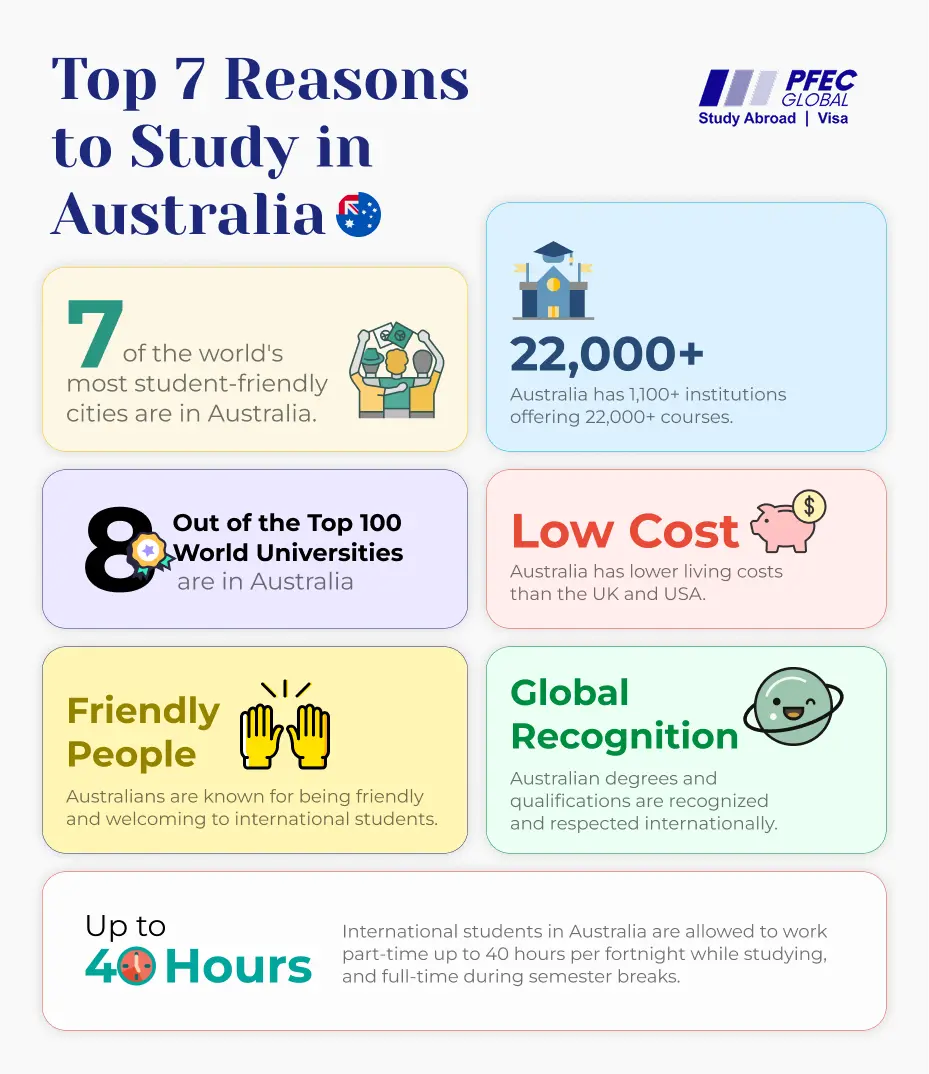
Cost of Studying in Australia
Australia offers a variety of degree programs tailored to the needs of Sri Lankan students. With numerous scholarships available, the process of studying is made more accessible. The costs of accommodation, groceries, and transportation are also relatively low. Thus, Australia is an attractive destination for education.
Additionally, Sri Lankan students can obtain work permits while studying. Tuition fees for bachelor’s degrees start at AUD 20,000, while master’s degrees can cost up to AUD 25,000. Doctoral programs are generally more expensive, at around AUD 32,000; however, various scholarships are available to help offset these costs. Overall, the cost of studying in Australia is among the lowest compared to many other countries worldwide.
Cost of Living in Australia
Costs are often a concern for Sri Lankan students studying abroad. However, the cost of living in Australia is generally lower compared to many other countries worldwide. Aside from tuition fees, accommodation is often the most significant expense. Fortunately, Sri Lankan communities provide considerable support in various ways. You will find fellow countrymen both on your campus and in the job sector, which can help you save money during your studies. Some universities even offer on-campus accommodation, making the process simpler.
Transportation costs should also be considered, but public transportation is usually the most economical option. Cooking at home can lead to significant savings on food expenses. For books and other study materials, utilizing libraries is often the best choice.
| Expense Type | Average Monthly Cost (AUD) (approx.) |
|---|---|
| Accommodation | AUD 1,000 - 1,700 |
| Food | AUD 300 - 600 |
| Transportation | AUD 100 - 150 |
| Miscellaneous | AUD 200 - 400 |

Admission Requirements for Studying in Australia
Applying to universities in Australia is quite similar to the application processes in many other countries, but the admission requirements are generally less stringent.
First, you need to provide proof of your residency in Sri Lanka, and a valid passport is essential for submission. Next, you must include your certificates and transcripts from your previous studies. Additionally, you will need to write a Statement of Purpose (SOP), in which you outline your goals and plans for your education.
English proficiency tests are also required, with specific requirements varying by subject and university. You can choose from different tests, such as IELTS (with a minimum overall band score of 6.5) or PTE (with an overall score of 58), as specified by the university. Finally, ensure that you submit an updated CV.
- Academic transcripts and certificates
- Statement of Purpose
- Letters of Recommendation
- Updated Curriculum Vitae
- Proof of English language proficiency
You may be eligible for up to 50% Scholarship at a renowned University in Australia

Check your eligibility and receive end-to-end assistance for FREE!
Book a FREE Consultation →Language Requirements
English is not the native language in Sri Lanka. Therefore, Sri Lankan students must present a language proficiency test when applying to Australian universities. To gain admission to Australia, you must submit proof of language proficiency. Most universities allow students to choose from various language tests, including the International English Language Testing System (IELTS) and the Test of English as a Foreign Language (TOEFL). The Pearson Test of English (PTE) and Cambridge English: Advanced tests are also accepted. Generally, a score of 6.5 on the IELTS or 79 on the TOEFL is required, although these requirements may vary depending on the chosen subjects. These English language tests are specifically designed for countries where English is not the native language. If you are interested in applying to Australia, it is advisable to take the language tests as early as possible.
| English Language Test | Required Score |
|---|---|
| IELTS | Minimum overall band of 6.5 (with no individual band below 6.0) |
| TOEFL | TOEFL (Internet Based Test - IBT): minimum overall score of 79 (with minimum of 13 in Reading, 12 in Listening, 18 in Speaking and 21 in Writing) |
| PTE | overall score of 58 (with no communication band less than 50) |
| CAE(C1 Advanced Exam) | You will require a minimum score of 169-176 while scoring a minimum of 169 in every section |
Visa Requirements
The visa application procedure normally takes 17 to 32 days and could occasionally go on for three months. So we suggest that you begin early. Apply at least three months before you want to study in Australia.
Australia Study Visa requirements:
- Valid Passport
- Confirmation of Enrolment (CoE) from your chosen university
- GS Statement (Genuine Student Statement)
- Proof of sufficient funds
- Overseas Student Health Cover (OSHC)
- English proficiency proof
- Recent passport-sized photographs
- Statement of Purpose (SOP)
- Academic and work experience documents
Intakes in Australia
In Australia, universities have multiple intake periods throughout the year. Generally, Sri Lankan students can choose from three main intakes.
The first is the February intake, for which you should apply during the October and November sessions of the previous year. If you miss this intake, you can apply for the July intake, which begins in May. Applications for the July intake can be submitted during May and June.
There is also a November intake, and for this, you must start your application in September. Depending on your interests and chosen subjects, you can select any of these intakes to begin your application process in Australia. Ensure you have all the necessary documents ready before starting your application.
| Intakes | Application Timeline |
|---|---|
| February (Term 1) | October - November |
| July (Term 2) | May - June |
| November (Term 3) | September(For some universities and selected courses) |
Cities in Australia
Australia is a large country with a significant number of universities. However, only a few key cities host the majority of these institutions. We typically recommend seven cities to our students, as they are expansive and provide a student-friendly environment for individuals from all over the world. As a Sri Lankan student, you will have the opportunity to find part-time jobs and connect with an international community in these cities. New South Wales is home to approximately 19 universities, including renowned institutions such as the University of Sydney and the University of Technology, Sydney (formerly Macquarie University). Queensland boasts nearly twelve universities, while Victoria, Tasmania, the Northern Territory, and South Australia also host some of the country’s largest universities.
| State / Territory | No of Universities | University List |
|---|---|---|
| Tasmania | 1 | University of Tasmania |
| Northern Territory | 1 | Charles Darwin University |
| Australian Capital Territory | 5 | Australian Catholic University |
| University of Canberra | ||
| Charles Sturt University | ||
| University of New South Wales | ||
| Australian National University | ||
| Victoria | 13 | Victoria University |
| Federation University | ||
| RMIT University | ||
| Deakin University | ||
| Swinburne University of Technology | ||
| Monash University | ||
| University of Melbourne | ||
| La Trobe University | ||
| University of Divinity | ||
| Australian Catholic University | ||
| Charles Sturt University | ||
| CQUniversity | ||
| Torrens University | ||
| Queensland | 12 | University of Queensland |
| James Cook University | ||
| CQUniversity | ||
| University of Sunshine Coast | ||
| Griffith University | ||
| Queensland University of Technology | ||
| University of Southern Queensland | ||
| Southern Cross University | ||
| Australian Catholic University | ||
| Torrens University | ||
| Victoria University | ||
| Bond University | ||
| New South Wales | 19 | Southern Cross University |
| University of New England | ||
| University of Newcastle | ||
| Charles Darwin University | ||
| Charles Sturt University | ||
| Australian Catholic University | ||
| Macquarie University | ||
| University of New South Wales | ||
| University of Sydney | ||
| La Trobe University | ||
| Swinburne University of Technology | ||
| University of Technology, Sydney | ||
| CQUniversity | ||
| Torrens University | ||
| Western Sydney University | ||
| University of Notre Dame Australia | ||
| University of Tasmania | ||
| Victoria University | ||
| University of Wollongong | ||
| South Australia | 7 | Carnegie Mellon University |
| Flinders University | ||
| University of Adelaide | ||
| University College London | ||
| University of South Australia | ||
| CQUniversity | ||
| Torrens University |
Post-Study Work Opportunities in Australia
Sri Lankan students have the opportunity to apply for work in Australia after completing their graduation. A temporary graduate visa is available for students who have completed their studies in Australia. This visa enables students to seek suitable employment in the country, allowing them to apply for a work visa and become permanent residents. The Australian job market offers a variety of opportunities, particularly for graduates in healthcare, medicine, and engineering, who can expect to earn around AUD 65,000 per year. Many Sri Lankan students choose STEM (Science, Technology, Engineering, and Mathematics) majors, which positions them well for careers in the thriving IT sector. Additionally, the Australian business sector offers accessible job opportunities with a wide range of salaries.
| Field of Work | Average Salary (AUD/Year) (approx.) |
|---|---|
| IT & Tech | AUD 60,000 - 80,000 |
| Business & Management | AUD 65,000 - 85,000 |
| Health & Medicine | AUD 70,000 - 90,000 |
| Engineering | AUD 65,000 - 88,000 |
Scholarships in Australia
Australia offers a range of scholarships to help students cover their tuition fees, making it an attractive destination for international students. One type of scholarship is provided by universities, which you can receive when you apply for a specific program. Additionally, the Australian government extends scholarships to students from Asia, the Middle East, and the Pacific. As a Sri Lankan student, you are eligible for these scholarships. Australian scholarships can cover the full cost of tuition and living expenses, while university scholarships typically only cover a portion of tuition fees and may have limits on the amount. It’s essential to monitor scholarship amounts and key application deadlines.
| Scholarship | Administered By | Eligibility | Benefits |
|---|---|---|---|
| Australia Awards | Australian Government | Students from Asia, Pacific, Middle East | Full tuition, living expenses |
| UNSW International Scholarships | University of New South Wales | High academic achievers | Partial tuition fee coverage |
| Monash International Merit Scholarship | Monash University | Outstanding international students | Up to AUD 10,000 for course duration |
Top Courses to Study in Australia
Australia is a large country with a significant number of universities. However, only a few key cities host the majority of these institutions. We typically recommend seven cities to our students, as they are expansive and provide a student-friendly environment for individuals from all over the world. As a Sri Lankan student, you will have the opportunity to find part-time jobs and connect with an international community in these cities. New South Wales is home to approximately 19 universities, including renowned institutions such as the University of Sydney and the University of Technology, Sydney (formerly Macquarie University). Queensland boasts nearly twelve universities, while Victoria, Tasmania, the Northern Territory, and South Australia also host some of the country’s largest universities.
University
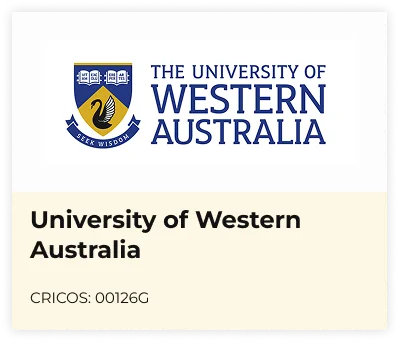
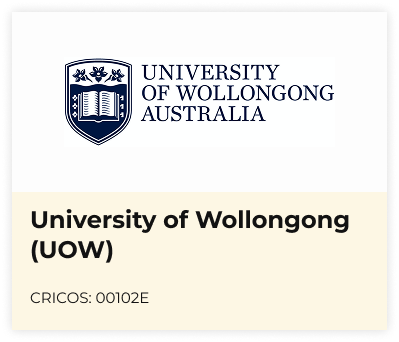
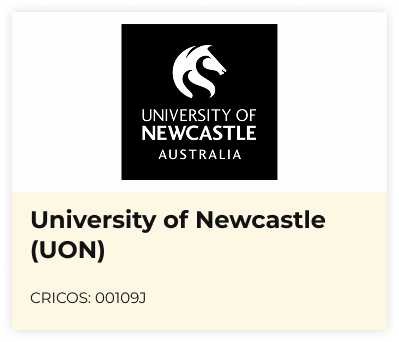

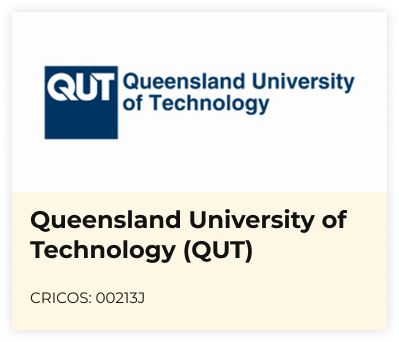
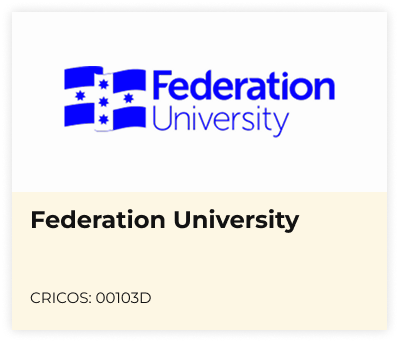
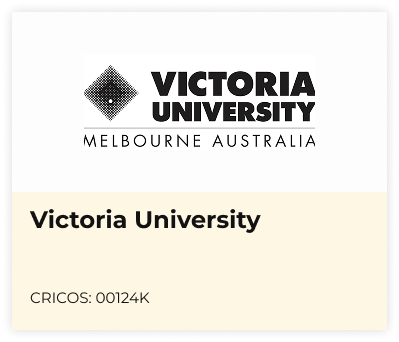
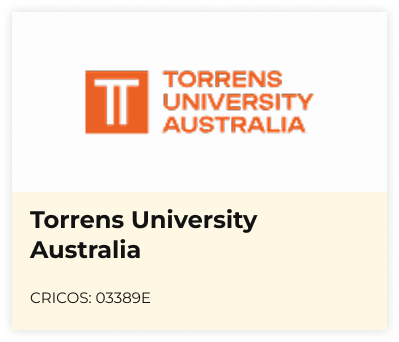
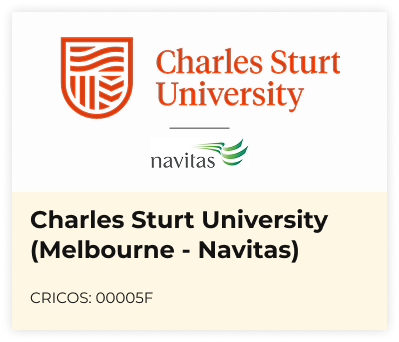
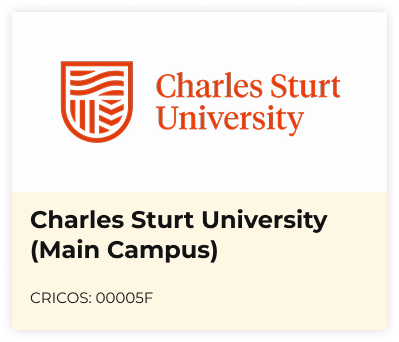
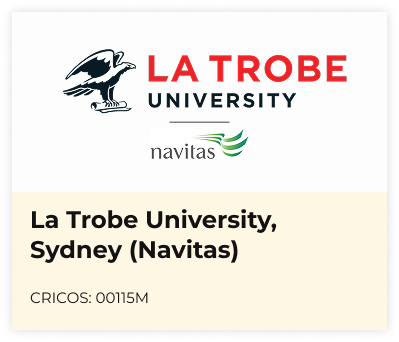
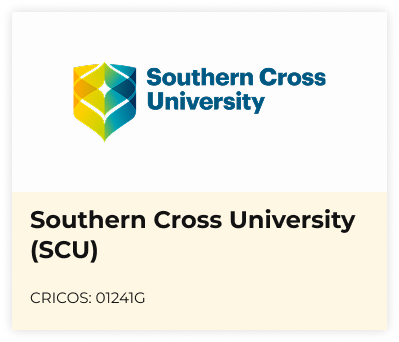
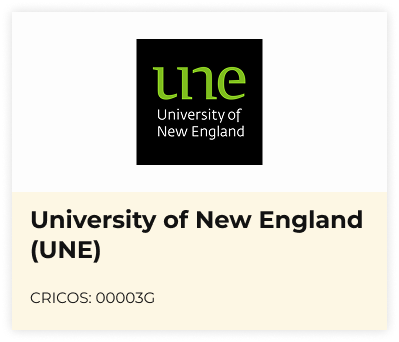
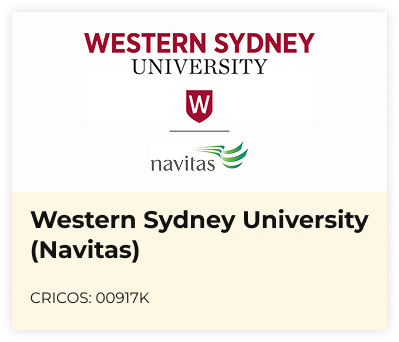
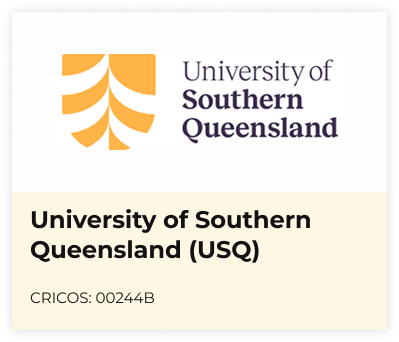
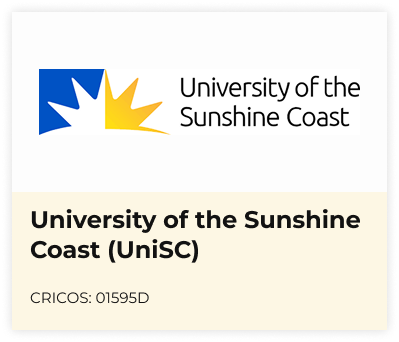
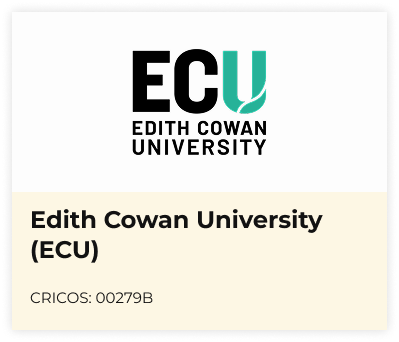
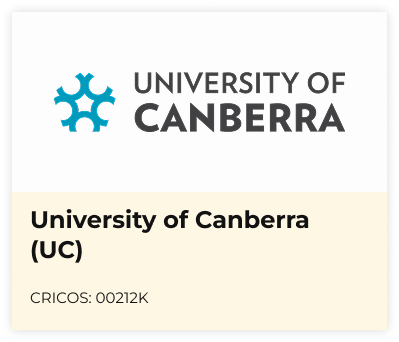
Universities Pathways
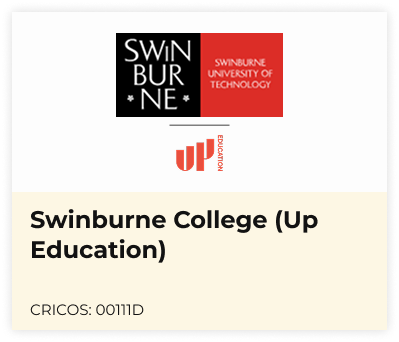
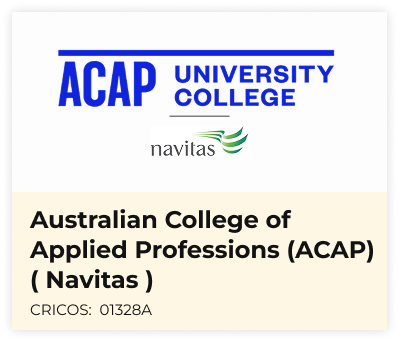
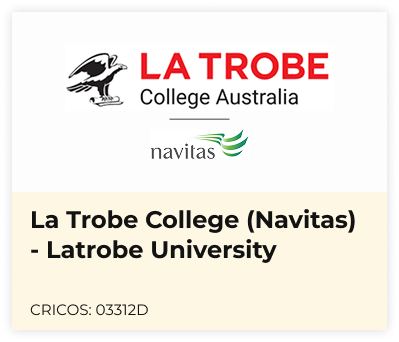
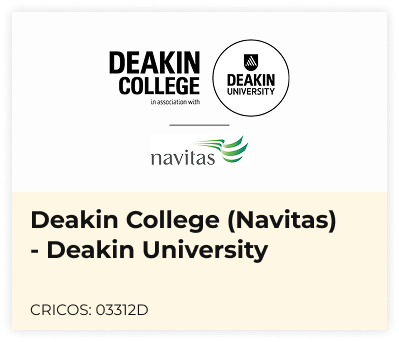
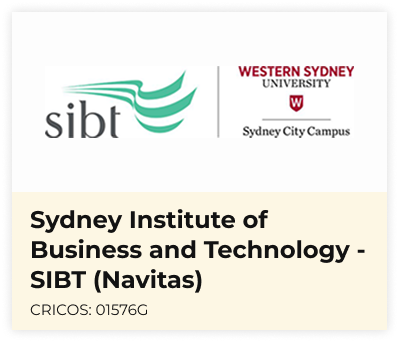
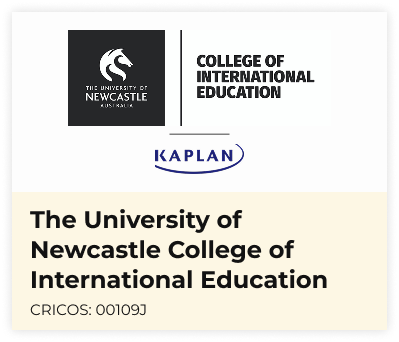
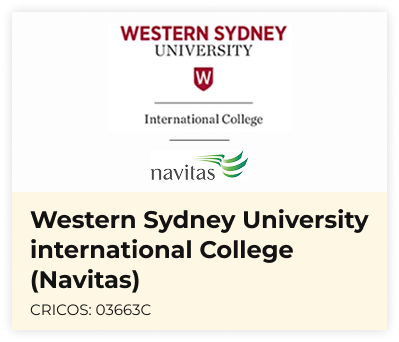

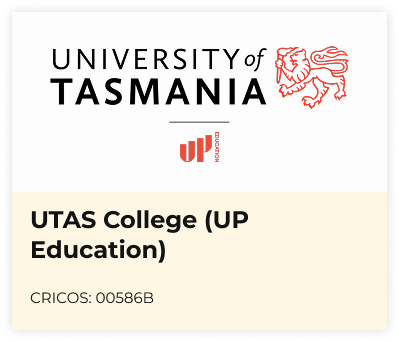
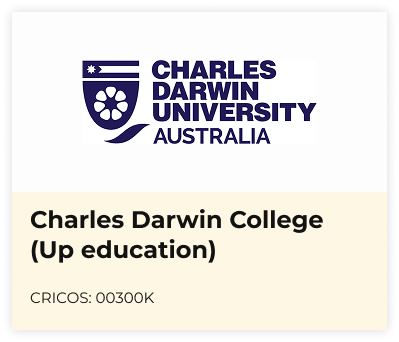
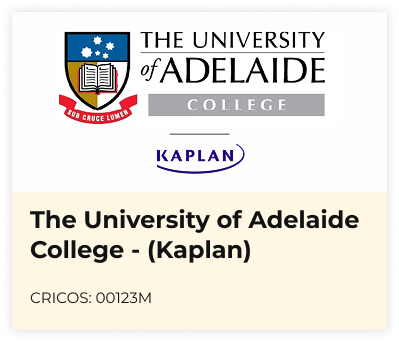
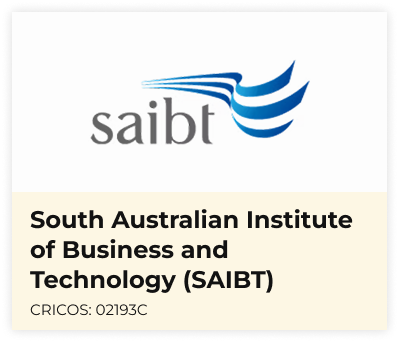
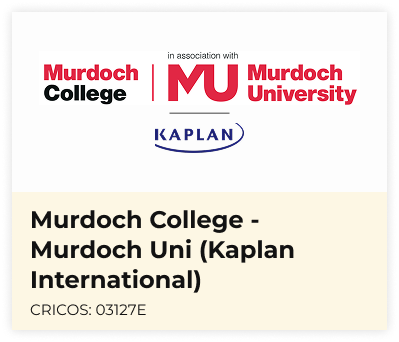
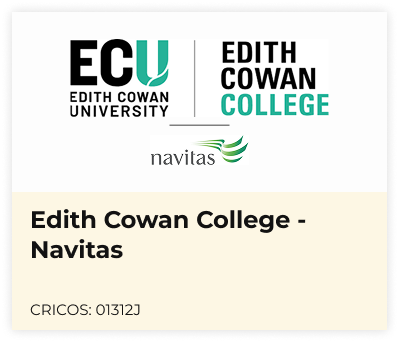
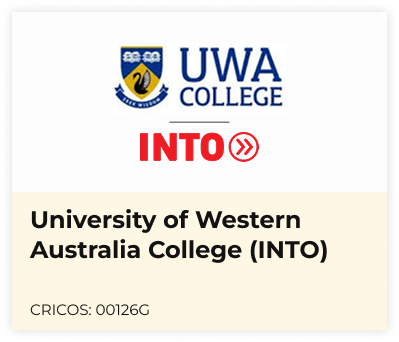
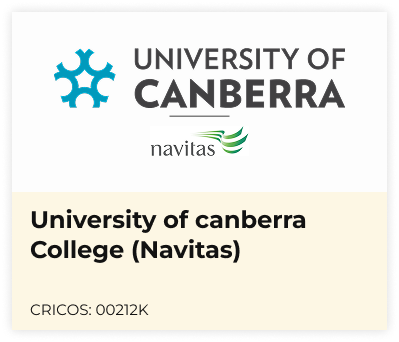
Private College / Higher Education
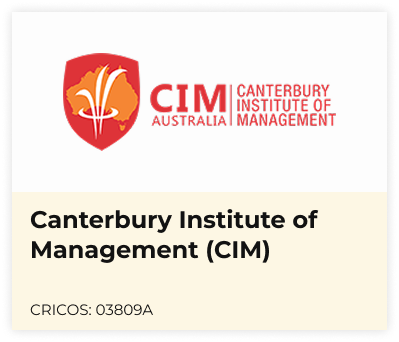

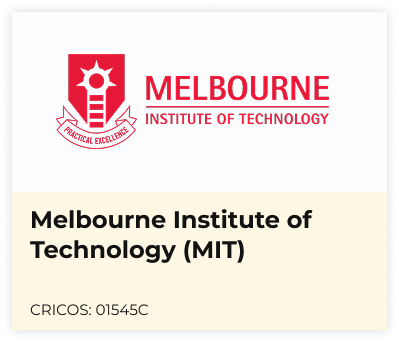

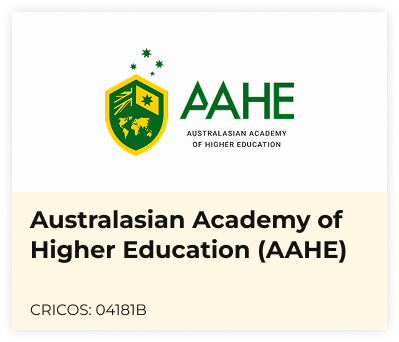
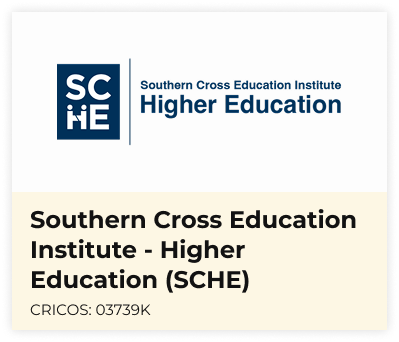
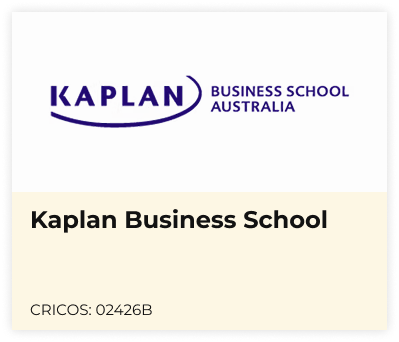
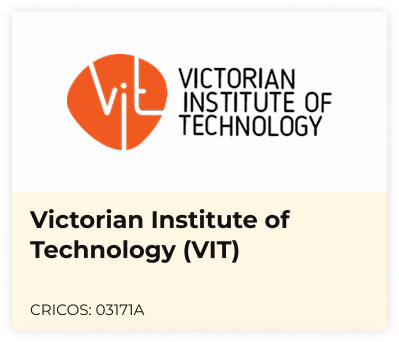
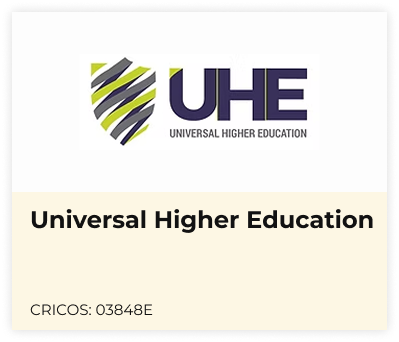
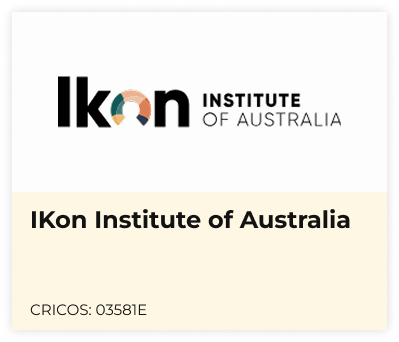
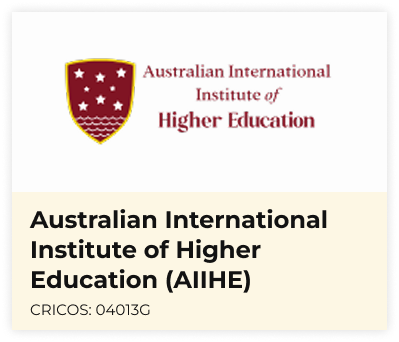

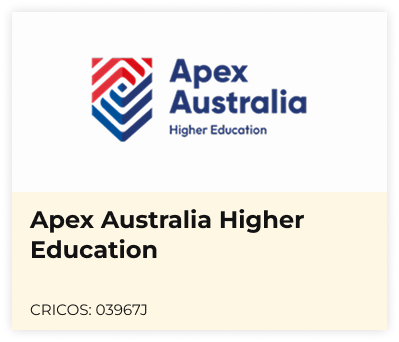
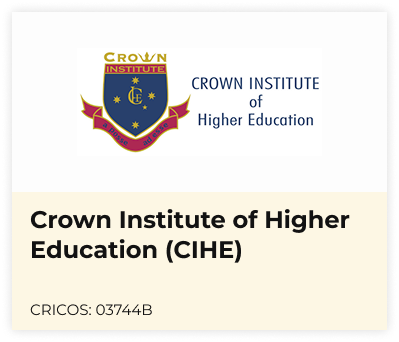
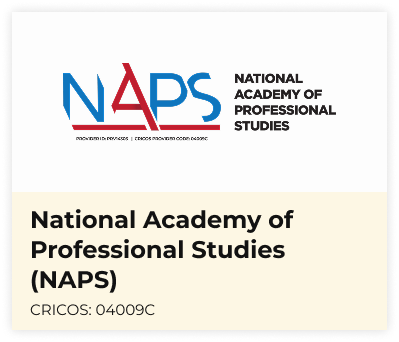
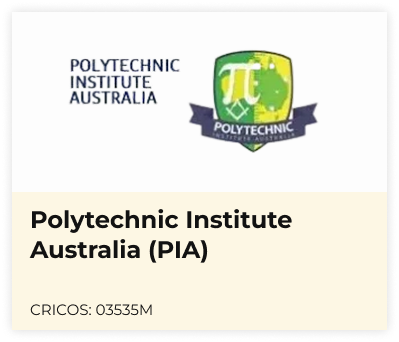
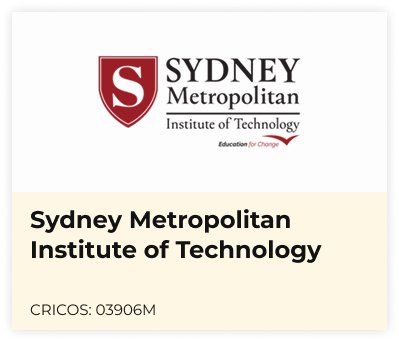
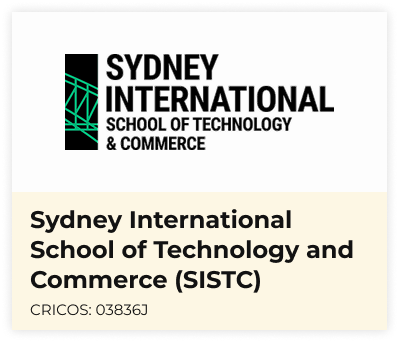
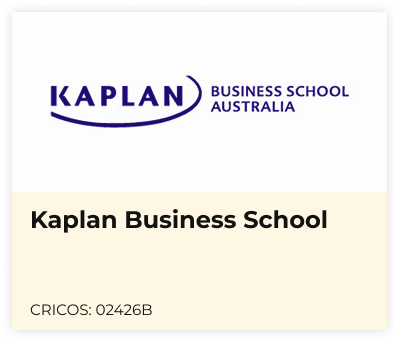

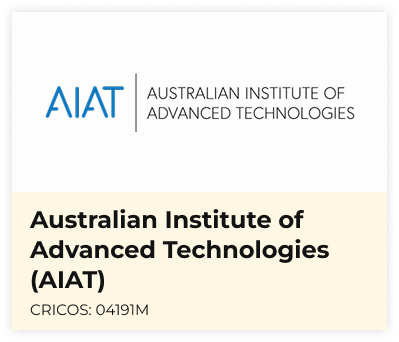
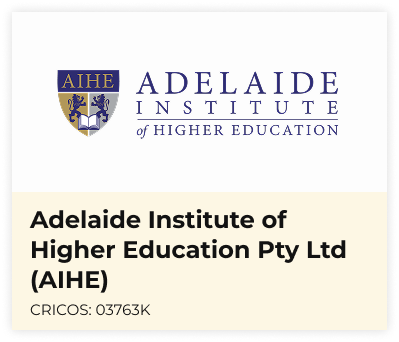

TAFES
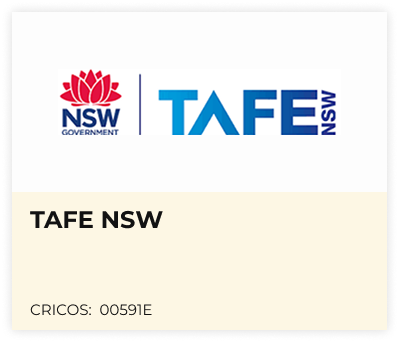
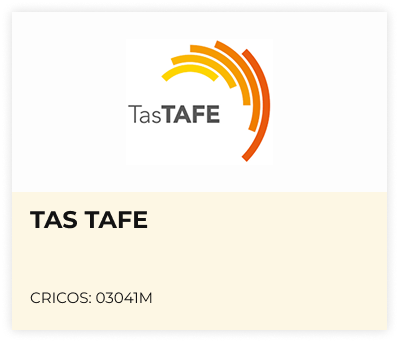
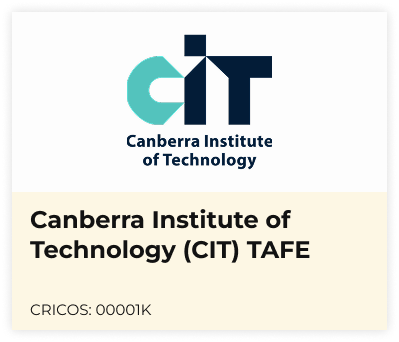
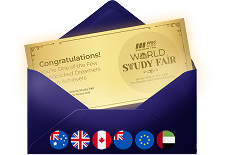
 Sign Me Up →
Sign Me Up →
